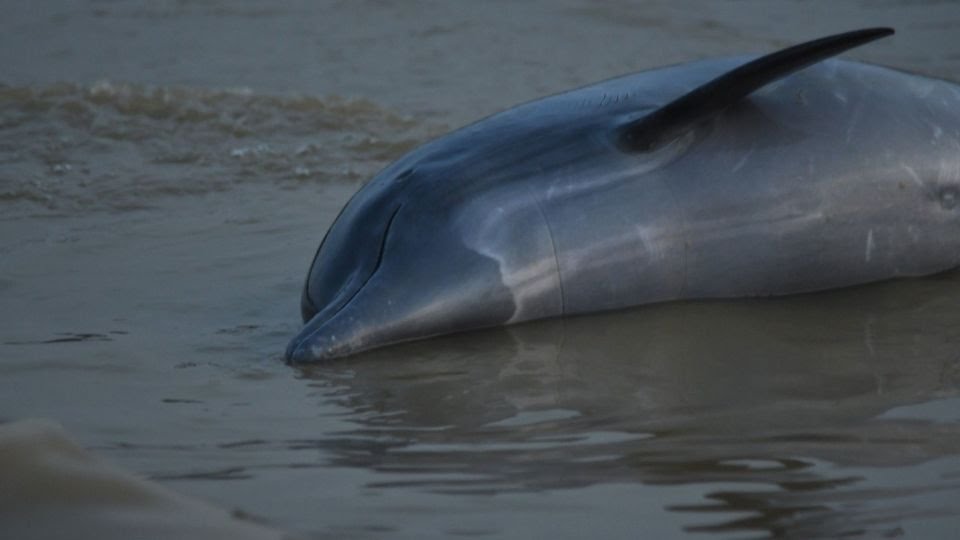The death of more than 100 dolphins in the Brazilian Amazon in the recent days has left environmentalists, and climate scientists stressed and concerned. These dolphins were found dead in Lake Tefe, and the cause is reportedly, rising water temperature, a result of global warming.
Dolphin habitats are found in tropical to temperate regions. Although warm-blooded, these mammals tend to avoid oceans near the Arctic and Antarctic. The bottlenose dolphin, one of the most well-known species, prefers water between 50 and 90 degrees Fahrenheit.
Cause of death
Amazon has been experiencing one of its worst droughts in recent years. Water levels have dipped in 59 municipalities.
Drought and extraordinarily high water temperatures, surpassing 102 degrees Fahrenheit (39 degrees Celsius) is being reported as the major cause of this tragic incident.
The discovery was reported by Mamiraua Institute, a research institution supported by the Brazilian Ministry of Science.
According to Ayan Fleischmann, a geoscience researcher at the Mamiraua Institute, several possible causes were being investigated, including disease and sewage contamination. However, he added that water depth and temperature were “certainly a main component” of the mass mortality.
Brazil has been experiencing extreme weather conditions in recent times due to human-caused climate breakdown and an El Nino. While the south of the country have been flooded by intense rainstorms, the north is parched by an unusually fierce dry season.
It is important to note that Lake Tefe has been experiencing temperatures that measured more than 39C (102.2F). This is very hot for the dolphins. To understand better, 37C would be considered a hot bath for humans.
One of the worst affected areas by drought, the National Institute of Meteorology has said that Tefe barely received a third of the historical average rainfall in September. Further, the situation is expected to worsen in October.
A rising concern
It is nothing new as several studies in the recent times have suggested that the rising ocean temperatures would be detrimental for the marine life. The impact is already seen on the dying corals.
Dolphins are considered as an indicator of the health of a river. Now, with the death of over 100, not one or two, dolphins, is a cause of concern not only for the climate scientists but also a possible threat to the species and other aquatic animals.
However, to tackle the current issue at hand, experts are trying to relocate surviving dolphins by transferring them from lagoons and ponds to the main river where the water is cooler.














